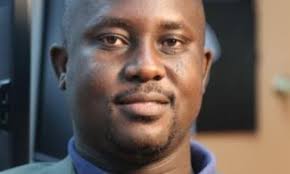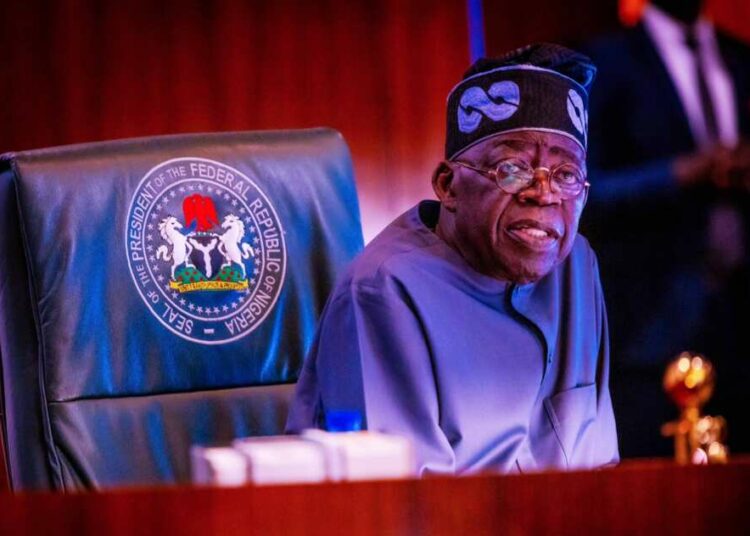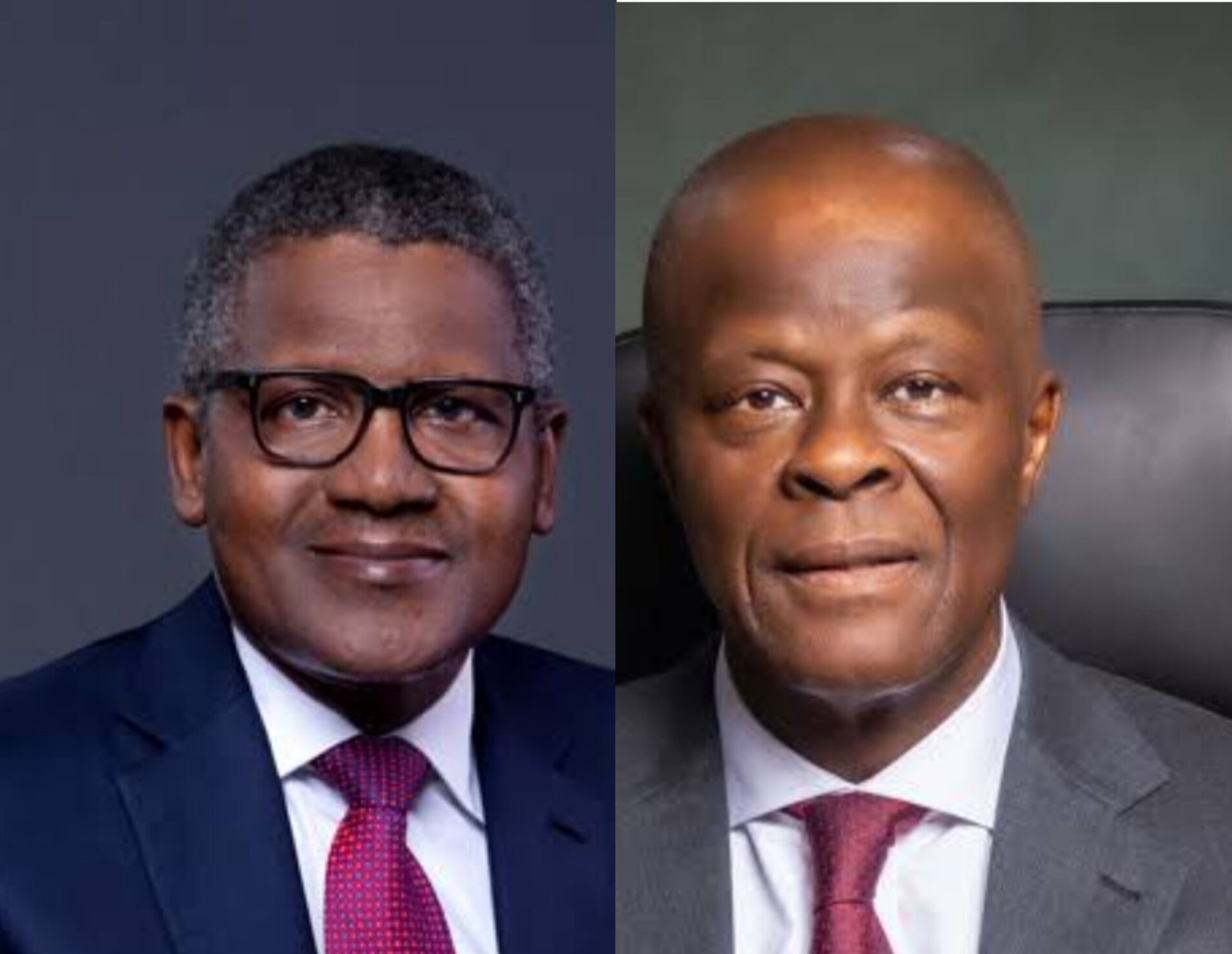By Tunde Olusunle
I had two spells as student at the University of Ilorin, abbreviated by us as Unilorin. True, our university started as a college under the University of Ibadan, (UI). We were in a hurry, however, to assert our independence and define our own corporate identity, soon after we were weaned off our mother’s breasts. Unilorin has since imprinted itself in Nigerian and global consciousness. The sheer quality of human resources it has availed the world, its groundbreaking ventures in research, teaching and mentoring, the holistic gamut of knowledge production and dissemination, has since earned it a more fitting appellation. We call it the Better By Far citadel. My primary excursion through my alma mater, ran from 1982 to 1985. The succeeding odyssey, straddled 1987 to 1989. I studied English on both occasions, with a dominant slant for literature which I explored for my long essays and thesis respectively.
Several years after my departure from Unilorin, the name “Pius Adesanmi” became recurring in the public and literary engagement circuits, in Nigeria and beyond. He was at once a poet, scholar, critic, satirist, columnist, author, maybe theorist as well. Biographical information about him which I picked up in places, described him as a product of Unilorin and he was said to have studied French. The English and French faculty subunits in my time, were subsumed under a single department, known as the “Department of Modern European Languages,” MEL for short. Far into its teething years, the department was steered by the respected English scholar, literary critic, editor, David Cook, who helped to build the twin-arms of the department, into formidable, global reckoning. Cook earned a first class degree in English from the University of London in 1954, and a masters degree in 1956. He taught at the University of Southampton, before relocating to Africa in 1962.

On your next outing, you just may encounter: Charles Bodunde; Taiwo Oloruntoba-Oju and his wife, Omotayo Oloruntoba-Oju; Sola Babatunde; Gbenga Ayeni; Tivlumun Nyitse; Sunnie Enessi Ododo; Wumi Raji; Sola Mike Olorunyomi; Tunde Akanni; Rasheed Na’Allah, Bayo Afolabi, and several others. They are all distinguished professors, or professorial-cadre eggheads serving in universities and other institutions in Nigeria and elsewhere in the world. They are all sterling products of the primordial MEL, Unilorin’s Department of Modern European Languages of yore, at the undergraduate or postgraduate levels, or in instances, all levels. Pius Adesanmi followed the footsteps of these older, inspirational alumni of MEL, Unilorin.
Even while I was still foraging for information on Pius Adesanmi, I would yet get to know that he was my “younger brother.” Within the context of the family and community in many African cultures, English-style labels such as: cousin, aunt, uncle, nephew, niece, are alien and rarely deployed in day-to-day interactions and conversations. In the Yoruba country for example, every other male or man, is as well your Baba or Boda, every female or woman your Mama or Anti. Egbon also suffices in referring to an older person, not as old as one’s parent, though, while aburo is a younger relative or kinsmen. Adesanmi actually hailed from the same hometown, Isanlu, headquarters of Yagba East local government area, (LGA), like me. His family house a whispering distance from ours. My family home is domiciled in Omowa Mopo, district, while the Adesanmis are in Itedo Ijowa, both in Isanlu. These were distances our people walked as leisure, before the advent of indulgent inventions.
I was born and raised out there in the old North Central and Midwestern states. Adesanmi was sired and groomed at home in Isanlu. This, however, did not detract from the genius he blossomed into. His father, Baba Alfred Dare Adesanmi, was a diligent, respected and inspirational educationist in contemporary Okun land in Kogi State. He taught and headed prominent schools in the area including: St. Kizito’s College, Isanlu; St. Augustine’s College, Kabba, and Titcombe College, Egbe. With his equally committed wife, Mama Olufunke Lois Adesanmi, they ensured their son got the best of education and mentoring, available anywhere. Remarkably, the younger Adesanmi demonstrated early passion for French studies even in these hitherto semi-urban destinations. He would go on to obtain a first class degree honours in the course. And he did so at an impressively young age of 20, in 1992! The differences in our generations, obviously privileged me to have gone through the university, many years before him.
Pius Adesanmi should have marked his 51st birthday February 27, 2023. It would also be four years after his very painful demise in a plane crash involving “flight ET 302” operated by Ethiopian Airlines, come March 10, 2023. The tragic incident occurred in an Ethiopian suburb called Bishoftu, en route Nairobi, Kenya. Jemilat Nasiru in a tribute in his memory, March 12, 2019, notes that: “If there is one name on the lips of many Nigerians, a name that weighs down the tongue with peculiar grief, a name that warms the heart with humour from memories past and pain of an unthinkable demise, a name that will only now encounter its embodiment in dreams and the world yonder, that name will be Pius Adebola Adesanmi.”
This is therefore a fitting opportunity to remember this meteor who shot through and shone in the global firmament of creativity and intellection, during his abridged sojourn on this side. As a poet, Adesanmi released his maiden, and sadly, only volume of poetry, The Wayfarer and Other Poems, in 2001. The book won the keenly contested Association of Nigerian Authors, (ANA) poetry prize, in the same year. It has been described as “a literary response to the ambiguities of oppressive power during military rule in Nigeria.” It is consistent with the over-arching thematic focus of poets writing within that milieu, who attempted “the mobilisation of poetic imagination in the resistance of the dominant military culture of the 1990s.”
Adesanmi released his collection of satirical essays, Naija No Dey Carry Last: Thoughts on a Nation in Progress in 2015. Despite his place in diaspora in a career which privileged him an American green-card holder and Canadian citizenship, simultaneously, Adesanmi’s umbilical interconnectivity to his homeland and to Africa, was never in doubt. The book is an overflow of the author’s vocation in public intellection. It is an aggregation of witty perspectives by the author about different sides and slides of Nigeria’s day-to-day experiences, even conversations. Udo Okoronkwo-Chukwu in a 2016 study suggests that the book deploys “satire to create political awareness and national memory… and scrutinises the growth of Nigeria’s democracy and the commitment of successive leaders.” The book was listed by Channels Television Book Club’s prestigious list of the “Best 15 Nigerian Books of 2015.”
His very seminal book, You’re Not A Country, Africa: A Personal History Of The African Present, ( 2011), is a groundbreaking collection of essays. Adesanmi attempts to interrogate what it really is, that Africa means to him as an African. By extension, it equally tries to distil the perspectives of other Africans, about their continent. An immensely prolific writer, he also authored *Who Owns the Problem? Africa and the Struggle for Agency, posthumously released in 2020, as well as Africa Matters: Cultural politics, political economies and grammars of protest, (2019), co-edited by Blair Rutherford, and among others.
Adesanmi obtained a masters degree in French at UI in 1998. He had engaged with some of Nigeria’s most revered scholars and literary creators, notably Olu Obafemi, Emeritus professor of English in Unilorin. UI will further expose him to literary icons like Wole Soyinka, Femi Osofisan and Niyi Osundare. He pursued a doctorate in French Studies from the University of British Colombia, graduating in 2002. He was between 2002 and 2005, assistant professor of Comparative Literature at the Pennsylvania State University, in the United States of America, (USA). He was engaged by the Carleton University, Ottawa, Canada in 2006, as professor of literature and African Studies. A prodigious global brand, Adesanmi harvested strings of honours and awards in his impactful career. He won the inaugural “Penguin Prize for African Writing” in the fiction category for his landmark work, You’re Not a Country, Africa. He also won the 2017 edition of the “Canada Bureau of International Education Leadership Award.”
Pius Adesanmi is survived by his aged mother, Mama Olufunke Lois Adesanmi, his wife, Muyiwa, and two young daughters, Oluwatise and Oluwadamilare. Back home in Isanlu and the broader Yagba sub-country, Adesanmi continues to be missed. Tayo Akanbi, an engineer and civil servant, one of Adesanmi’s childhood friends, recalls with nostalgia that Adesanmi was in the process of having his own address in Isanlu, by way of building a small house in the community. Ralph Omololu-Agbana, journalist and Adesanmi’s classmate at Titcombe College, Egbe, recalls his late friend’s consternation at the weaponisation of the 2019 elections, when they chatted before his departure. Agbana recalls Adesanmi saying in Yagba: “This is unbelievable. You mean arms were brought into our pristine oasis of peace and serenity in Yagbaland? This is ominous and totally out of our DNA.”
Nduka Otiono, also a Nigerian-Canadian like Adesanmi, who is associate professor at the Carleton University, collaborated with Uchechukwu Umezurike, to produce a memorial poetry collection in honour of Adesanmi. Titled; Wreaths for a Wayfarer, a pun on Adesanmi’s first and only poetry volume, the book was published in 2020. I have equally paid tribute to his memory in my newest volume of poetry, A Medley Of Echoes, (published in 2022), in a poem titled “A bouquet for Bola.” Bola is abbreviated from Adesanmi’s middle name, Adebola which he rarely used. February 17, 2023, Carleton University where he worked for nearly 15 years, rising to the position of Director, Institute for African Studies, (IAS), named a new *Pius Adesanmi African Studies Resource Centre, (PAASRC), after him. We all continue to savour the *cologned* memories of a brother and kindred spirit who was on this side, albeit for brief. One who nonetheless engraved his name indelibly, on the sands of time.
Tunde Olusunle, PhD, poet, journalist, scholar and author is a Member of the Nigerian Guild of Editors, (NGE)




